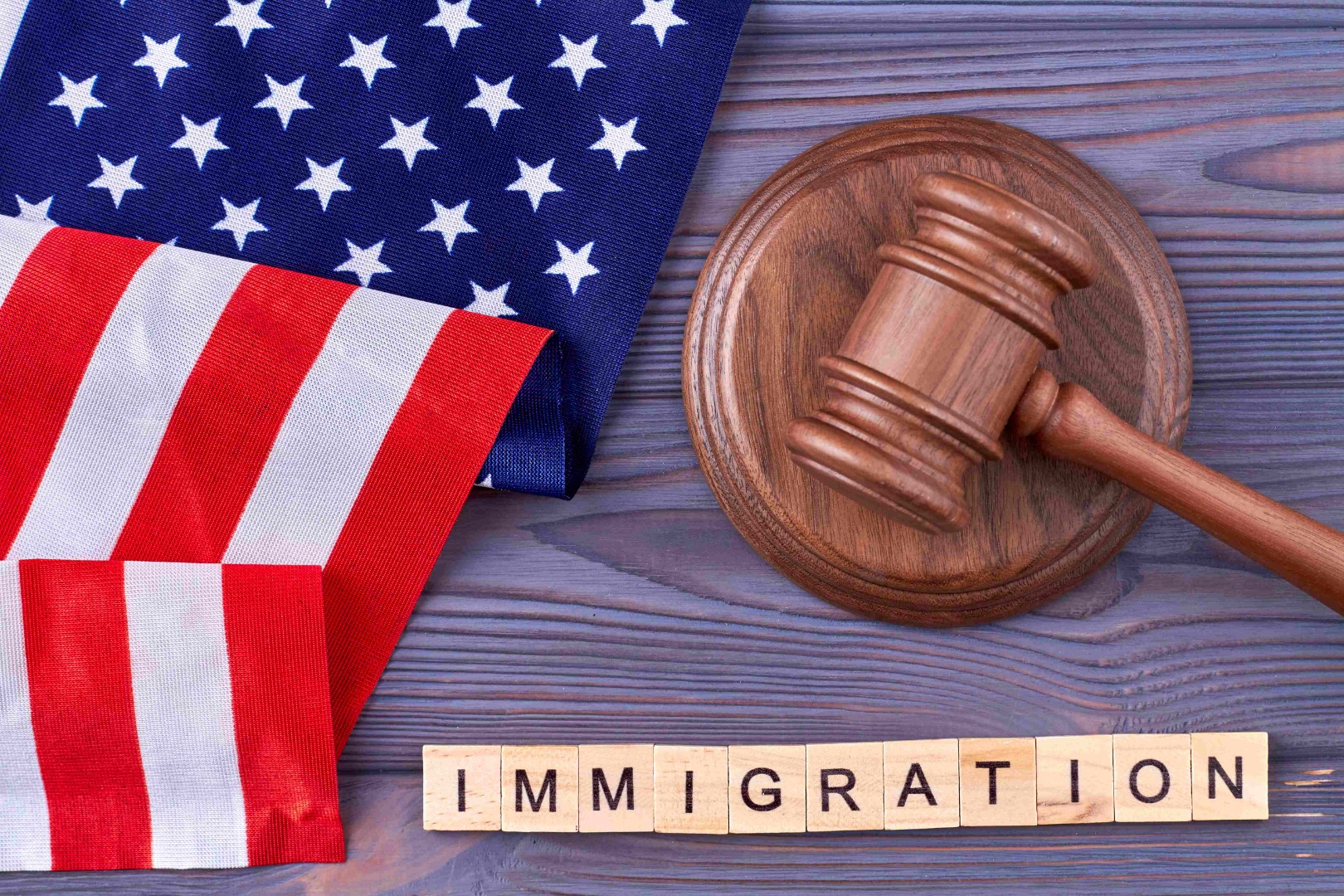Introduction
When undergoing consular processing of immigrant visa applications (based on I-130 approval) with the National Visa Center (NVC) it is important to understand the process that follows the I-130 approval. This article provides an overview of the NVC process, focusing on how the I-601A Provisional Unlawful Presence Waiver impacts the NVC case progression, and how visa reciprocity requirements play a key role in helping applicants prepare for the next steps.
Adjustment of Status vs. Consular Processing
When completing the I-130 form with U.S. Citizenship and Immigration Services (USCIS), applicants will be asked whether the beneficiary (the person applying for a lawful permanent resident status) is adjusting their status in the United States with USCIS or opting for consular processing.
If the beneficiary is already in the U.S. and meets certain requirements, they may adjust their status by filing Form I-485, allowing them to remain in the country while their lawful permanent resident status application is being processed. However, in this case, if the beneficiary wants to process their lawful permanent resident status application outside the U.S. or is outside the U.S., they will go through consular processing.
After I-130 Petition Approval
Once USCIS approves the I-130 petition identified under consular processing, then the case is transferred to the NVC for further processing. The NVC assigns a case number and notifies the petitioner and beneficiary about the next required steps. At this stage, the petitioner must pay the necessary fees, submit the Affidavit of Support by their sponsor, and upload all required civil and financial documents through the Consular Electronic Application Center (CEAC) portal.
Additionally, the applicant must complete the DS-260 Immigrant Visa Application. The DS-260 form collects important biographical information about the applicant and serves as the official visa application.
Once all documents are submitted, NVC reviews them to determine whether the case is documentarily qualified and ready for the consular interview.
What is the I-601A Waiver and Who Needs It? The I-601A waiver is specifically designed for individuals who are in the U.S. and are subject to the unlawful presence bar due to accumulating more than 180 days or one year of unlawful presence before departing for Immigrant Visa (IV) consular interview. Without this waiver, individuals who leave the United States to attend their IV consular interview at a U.S. consulate abroad may face a three-year or ten-year bar from returning, depending on the length of their unlawful presence. The I-601A waiver, if approved, provides provisional forgiveness for this ground of inadmissibility before the applicant departs for their IV consular interview, reducing the risk of prolonged separation from their family.
For applicants who require an I-601A waiver, the NVC process differs slightly. First, an I-130 petition must be filed and approved by USCIS, after which the case is transferred to the NVC. The I-601A waiver, which addresses unlawful presence, causes USCIS to hold the case at the NVC while the waiver is pending. During this period, it is important that the applicant has paid all required fees associated with the NVC to ensure the waiver process can proceed smoothly. This step also allows for the "freezing" of the processing timeline, meaning the applicant can continue to pursue their visa within the one-year availability period.
When filing an I-601A waiver, applicants must present a compelling case demonstrating that their inadmissibility due to unlawful presence can be waived. This often involves proving extreme hardship to a ‘Qualifying Relative’, typically a U.S. citizen or lawful permanent resident spouse or parent if the waiver is not granted. Applicants may also need to address other grounds of inadmissibility separately (if applicable), such as moral turpitude or other criminal convictions, which could complicate the waiver process. Further, the NVC case will not be transferred to the embassy until USCIS has decided on the waiver.
Once the I-601A waiver is approved, NVC resumes processing and schedules the applicant for an interview at the designated U.S. consulate or embassy in their home country. It is crucial for applicants to remain in the U.S. until the waiver decision by USCIS to prevent any additional inadmissibility issues.
At the IV consular interview, the officer will review all submitted documentation, verify the waiver approval, and assess the applicant’s eligibility for an immigrant visa. Since the I-601A waiver only waives unlawful presence, applicants should be prepared to answer any additional questions regarding potential inadmissibility issues. If no further complications arise, the applicant will typically receive a decision shortly after the interview and, if approved, will be issued an immigrant visa to return to the U.S. as a lawful permanent resident.
Country-Specific Visa Reciprocity Requirements
Another important aspect of the NVC process is understanding visa reciprocity requirements, which vary by country. Each country has specific guidelines regarding civil documents such as birth certificates, marriage certificates, and police clearances, which must be submitted to NVC. Some documents may require official authentication, such as an apostille or a certified translation, before they are accepted. As a result, visa reciprocity fees and visa validity periods differ by country. Applicants should review their country-specific guidelines carefully to avoid unexpected costs or delays. The U.S. Department of State (DOS) provides a visa reciprocity schedule that details these requirements for each country, and applicants are strongly encouraged to consult these guidelines during the NVC process.
Conclusion


